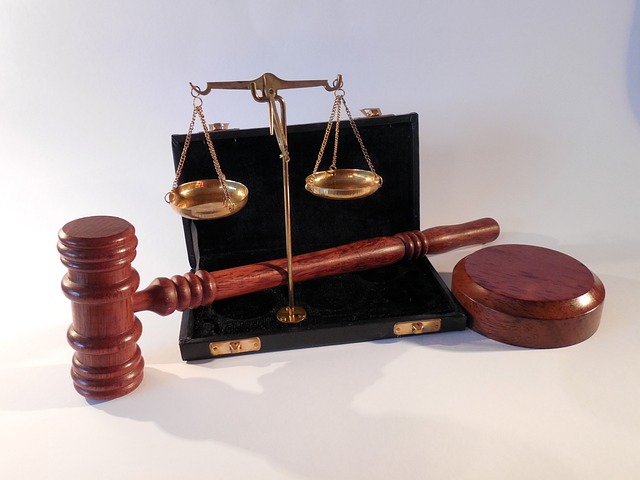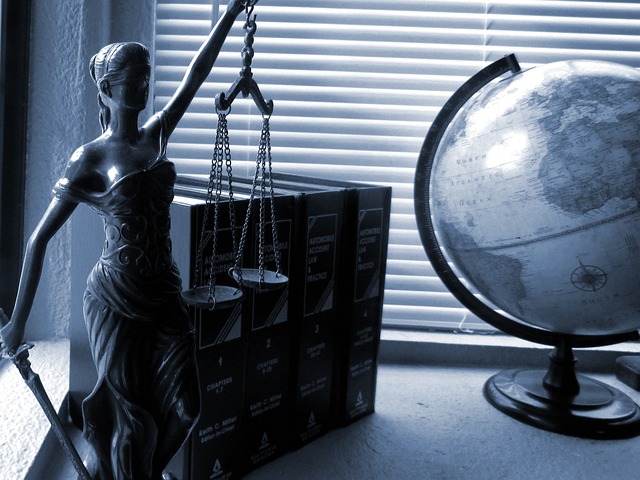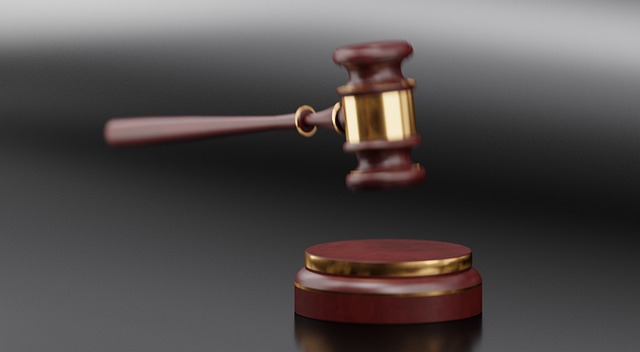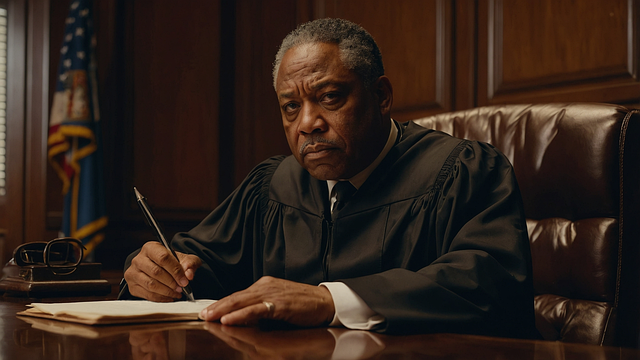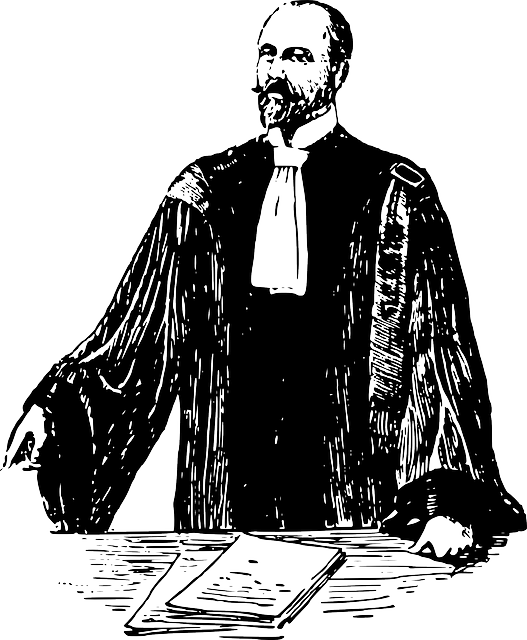Criminal justice defense is a multifaceted field requiring deep legal, social, and procedural knowledge to ensure fairness and protect individual rights. It involves strategic planning, investigation, and a strong understanding of constitutional rights. Effective defenders navigate evolving laws, analyze evidence, and develop compelling narratives while adapting to unexpected twists. Key components include understanding client circumstances, reviewing case details, gathering relevant evidence, and utilizing expert witnesses to challenge prosecution arguments within the legal framework. A comprehensive approach ensures fairness and protects against errors, fostering transparency and a just system in criminal justice defense.
In the intricate landscape of criminal justice, navigating defense strategies is an art. This comprehensive guide delves into the multifaceted aspects of criminal defense law, exploring the complexities that lawyers face. We unravel the process, from understanding the nuances of each case to crafting robust strategies and protecting legal rights.
Key components, including expert witnesses and evidence analysis, are scrutinized for their pivotal roles in shaping successful defenses. Armed with this knowledge, practitioners can confidently navigate the system, ensuring the best possible outcomes for their clients.
- Understanding the Complexities of Criminal Justice Defense
- Building a Robust Strategy: Key Components of a Comprehensive Approach
- Navigating Legal Procedures and Rights Protection
- The Role of Expert Witnesses and Evidence in Shaping Defense Strategies
Understanding the Complexities of Criminal Justice Defense

Criminal justice defense is a multifaceted and intricate field that requires a comprehensive understanding of various legal, social, and procedural dynamics. At its core, it involves navigating complex systems to ensure fairness, protect individual rights, and safeguard against wrongful convictions. The nuances of criminal justice defense extend far beyond mere argumentation in court; it encompasses strategic planning, meticulous investigation, and a deep awareness of constitutional rights.
Effective criminal justice defense demands an acute sensitivity to the evolving legal landscape, including interpretations of laws, precedents set by higher courts, and legislative changes. Lawyers playing the role of defenders must possess not only robust legal knowledge but also strong analytical skills to unravel often tangled web of evidence, witness testimonies, and potential biases. This involves a thorough examination of every aspect of a case, from initial arrest to sentencing, with the ultimate goal of achieving a just outcome for their clients.
Building a Robust Strategy: Key Components of a Comprehensive Approach

In crafting a robust strategy for a criminal justice defense, several key components are essential. Firstly, a thorough understanding of the client’s circumstances and legal options is paramount. This involves meticulously reviewing the case details, gathering relevant evidence, and analyzing existing laws and precedents that could apply to the situation. A comprehensive approach requires attorneys to engage in strategic planning, identifying potential arguments, and developing a narrative that not only challenges the prosecution’s case but also presents a compelling defense.
Additionally, adaptability is crucial. Criminal justice defenses often navigate complex legal landscapes where unexpected twists can arise. Attorneys must be prepared to pivot their strategies swiftly while maintaining a solid grasp of procedural rules and constitutional rights. This dynamic approach ensures that the defense remains agile, responsive, and ultimately effective in protecting the client’s interests within the legal framework.
Navigating Legal Procedures and Rights Protection

Navigating legal procedures is a complex task for anyone, but especially crucial in the realm of criminal justice defense. Understanding your rights and the steps involved in the legal process is essential to ensure a fair trial and protect against potential errors or misunderstandings. A comprehensive approach begins with comprehending the charges, gathering evidence, and constructing a robust defense strategy. This involves meticulous document review, witness interviews, and often, expert testimony to challenge the prosecution’s case.
The protection of rights within this process is paramount. Accused individuals must be informed of their Miranda rights, ensuring against self-incrimination. Legal professionals play a vital role in guiding clients through these rights, explaining potential consequences, and ensuring every step adheres to legal protocols. This meticulous navigation not only safeguards the accused but also forms the backbone of a robust criminal justice defense strategy, fostering a more just and transparent legal system.
The Role of Expert Witnesses and Evidence in Shaping Defense Strategies

In the complex landscape of criminal justice defense, expert witnesses and evidence play a pivotal role in shaping successful strategies for legal teams. These key components are instrumental in unraveling intricate cases, providing clarity, and offering insights that may sway the outcome of a trial. Expert witnesses, with their specialized knowledge and skills, can dissect complex matters, translating technical jargon into understandable evidence for both judges and juries. Their testimony adds credibility to defense arguments, especially in areas like forensics, ballistics, or psychological assessments.
Evidence, on the other hand, forms the backbone of any criminal justice defense. It is crucial for building a robust case, refuting accusations, and demonstrating innocence or mitigating circumstances. From physical evidence gathered at crime scenes to expert analyses and witness testimonies, each piece contributes to a comprehensive strategy. Effective legal teams meticulously craft their defense by presenting compelling evidence, challenging the prosecution’s claims, and highlighting any inconsistencies or gaps in the state’s case. This strategic approach ensures a fair trial and underscores the importance of expert witnesses and robust evidence in navigating the intricacies of criminal justice defense.





